Global oil market in better state than two months ago: Russia’s deputy PM
Russia’s Deputy Prime Minister Alexander Novak says the global crude market is currently in a much better shape than it was two months ago, but many uncertainties remain.
Novak made the remarks in an interview with the Rossiya-24 television channel on Sunday, after the Organization of the Petroleum Exporting Countries (OPEC+) decided to maintain production at current levels at an online meeting earlier in the day.
“We stressed today that the market is in a better state than two months ago, although there are many uncertainties. Naturally, we noted that. In particular, they stem from the high inflation levels in many countries, the high level of sovereign debt, and the toughened monetary policy in many countries,” Novak said.
“Naturally, an important factor is periodical COVID-19 outbreaks in China, the biggest consumer of Russia’s energy resources,” he added.
Novak went on to say that the OPEC+ meeting reiterated the decision to cut oil production by two million barrels per day until the end of 2023, adding that this decision was recognized as the right one geared toward stabilizing global oil markets.
Elsewhere in his remarks, Novak said Russia will not export its oil under the price cap imposed by the EU and the Group of Seven industrialized nations, even if it has to cut production.
“We will sell oil and oil products to those countries, which will work with us on market conditions, even if we have to somewhat cut production,” he said.
Novak also said Russia is looking at a mechanism to ban oil trade under price cap conditions.
“We are not going to use instruments linked with the price cap. We are now looking at mechanisms to ban the use of the price cap instrument, regardless of the limit it sets,” he said.
“We think that such interference may entail further destabilization, shortages of energy resources and reduction of investments. It may be applied not only to oil but to other products on the market, and not only to Russia but to other countries as well,” he added.
On Friday, the EU and the Group of Seven industrialized nations, which includes Britain, Germany, Italy, Canada, the United States, France, and Japan, agreed to place a $60-per-barrel price cap on Russian oil imports as an alleged attempt to starve Moscow’s ongoing military campaign. The Kremlin has already rejected this price cap, saying it is “analyzing” the move.
Russia’s war on Ukraine started in late February with Moscow saying that it was aimed at defending the pro-Russian population in the eastern Ukrainian regions of Luhansk and Donetsk against persecution by Kiev. Ever since the beginning of the war, Kiev's Western allies, led by the US, have been pumping Ukraine full of advanced weapons and slapping Russia with a slew of sanctions, steps that Moscow says will only prolong the hostilities.
The White House has described the price cap deal as “welcome news,” saying the agreement would help limit Russian President Vladimir Putin’s ability to fund the Kremlin’s “war machine.”
VIDEO | Press TV's news headlines
Paris silencing pro-Palestine voices
Iran raises alarm at ‘environmental consequences’ of US militarism
Iran: UN Security Council inaction on Israeli crimes ‘catastrophic’
Report: US intel debunks Trump's claim of Iran working on ICBMs
Vance says 'skeptic of military intervention' after progress in Iran talks
VIDEO | Third round of Iran-US nuclear talks concludes in Geneva
Geneva talks: Iran signals firm resolve, rejects US pressure, proceeds with cautious optimism


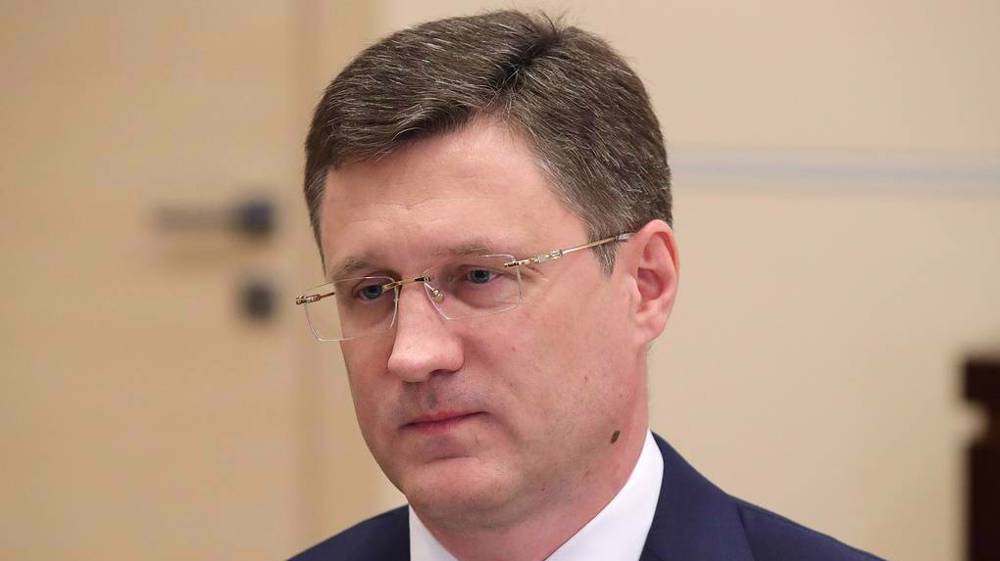
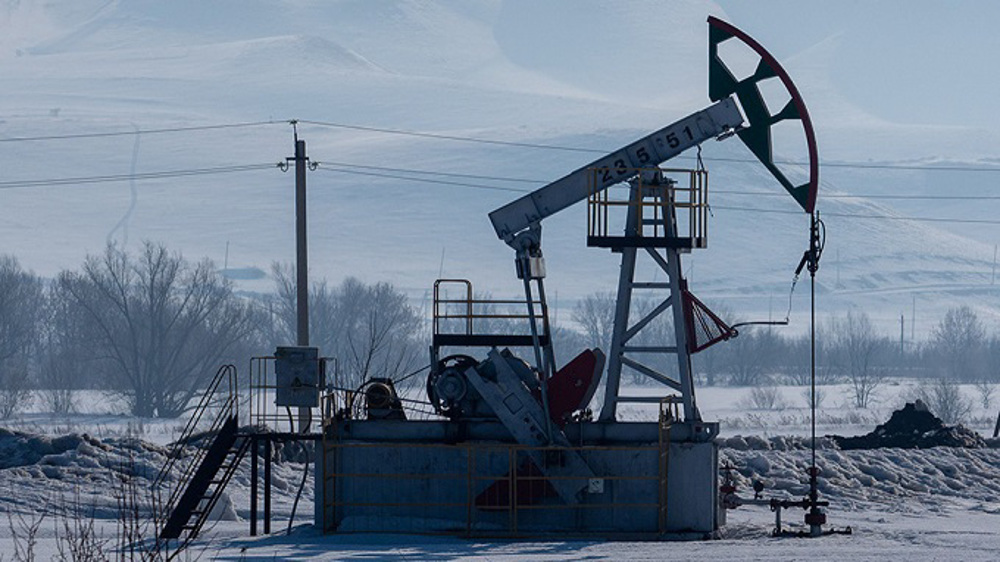
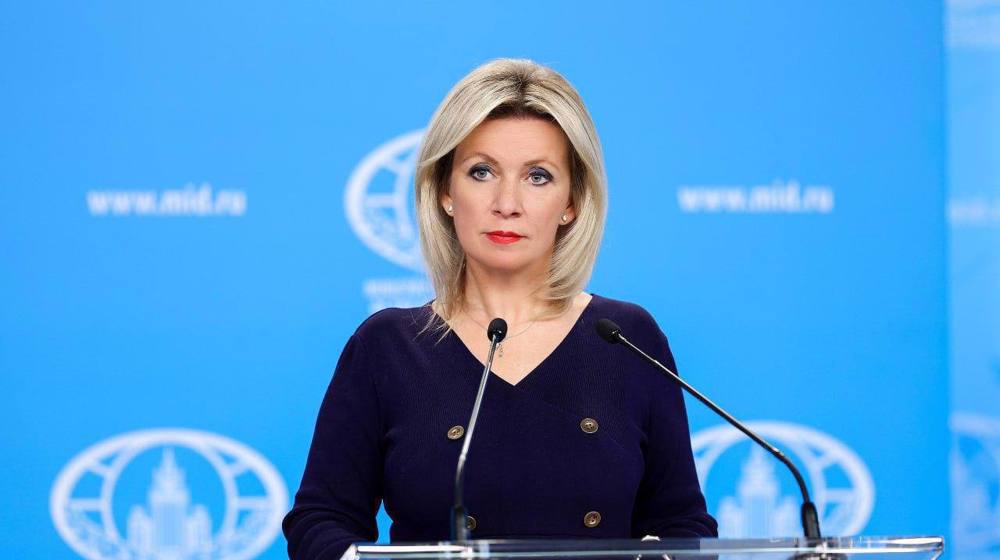
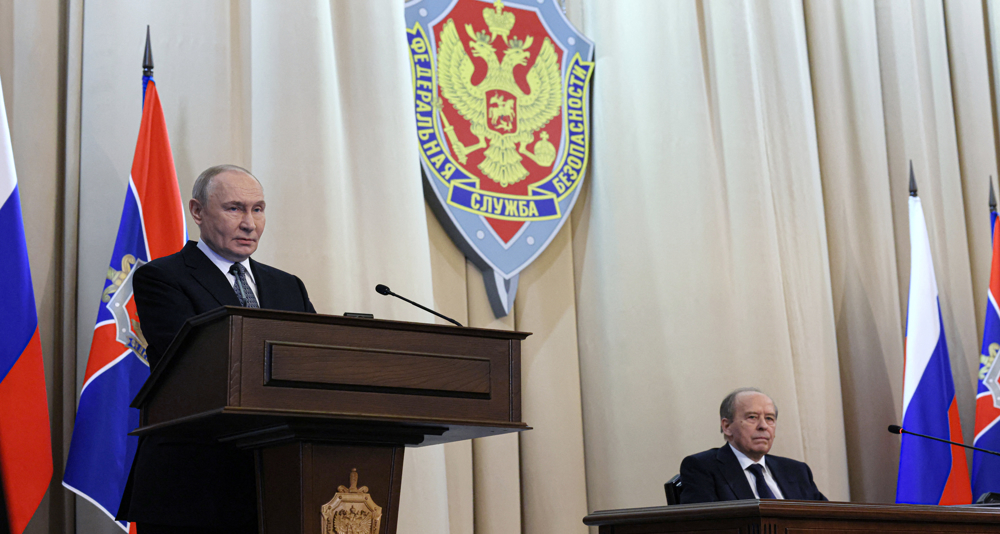
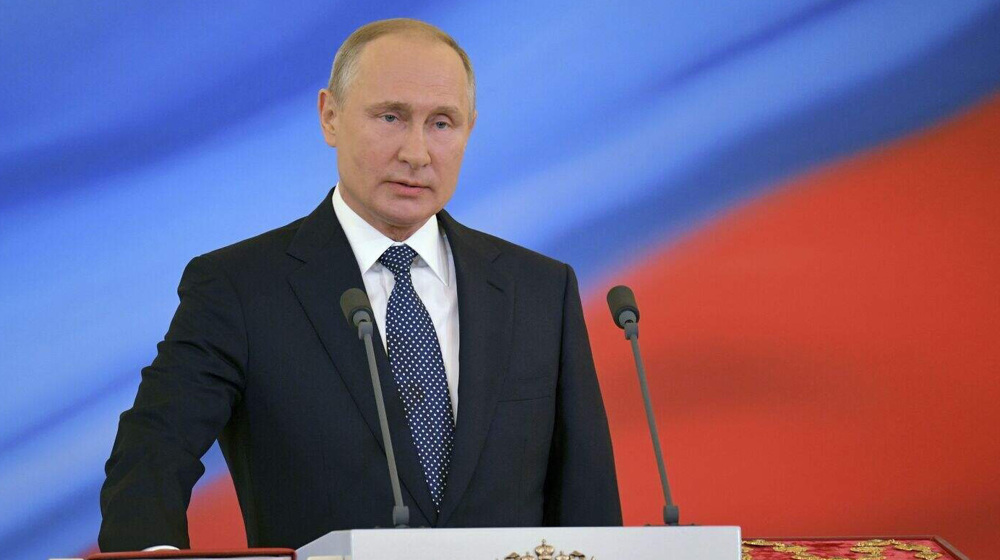



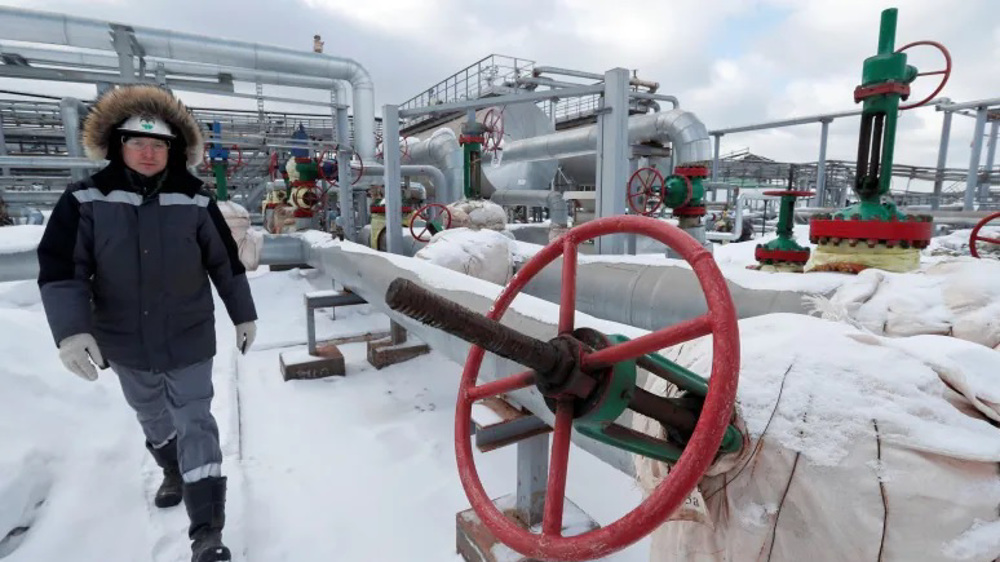
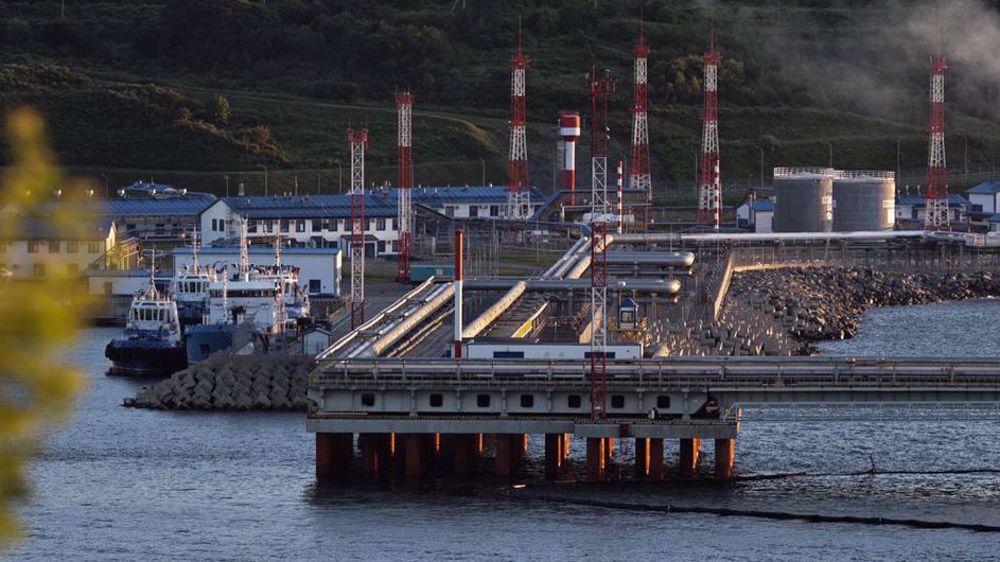
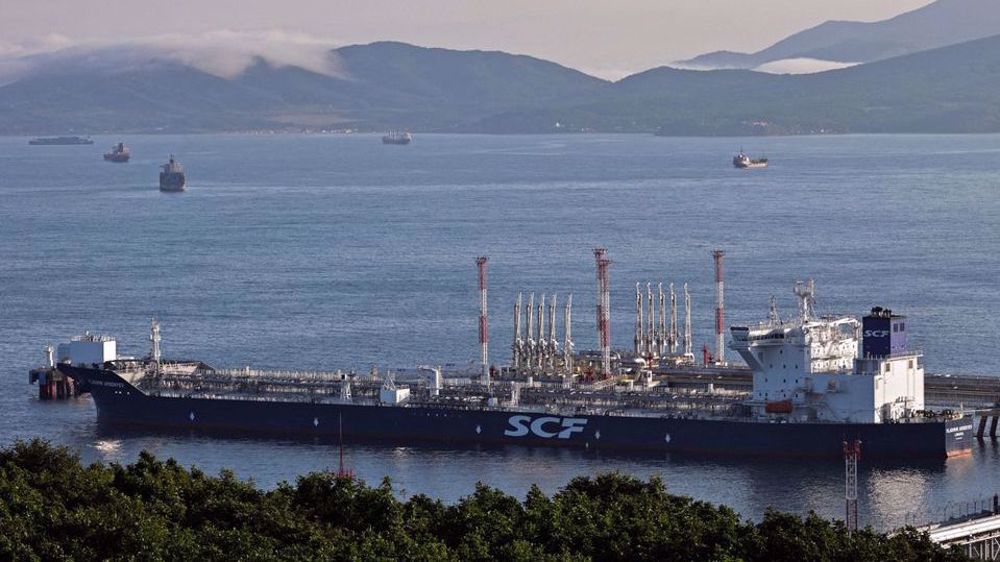

 This makes it easy to access the Press TV website
This makes it easy to access the Press TV website